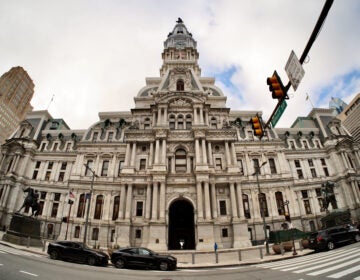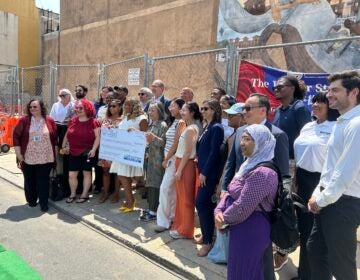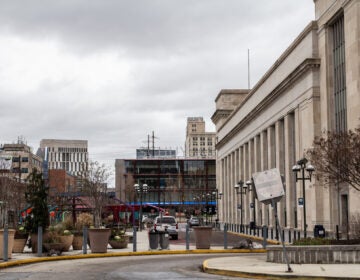Greg Pastore

GREG PASTORE
Age: 40
Education: B.A. in Social Anthropology from Harvard University
Professional: Property manager/developer in Bella Vista
Volunteer/Community work: President of Bella Vista Town Watch
Personal: Single.
Philadelphia resident? Yes, since 1990. Raised in Cheltenham.
Neighborhood: Bella Vista
Appointer: Councilman Frank DiCicco
Q&A
Why is zoning reform important to you? Besides the big three of crime, schools and taxes … it strikes me as a very important thing. Zoning reform is important because zoning is important. I think in a lot of ways it’s kind of broken here, through no particular person’s fault. It’s been patched and band-aided so long. We have to take everything people have been trying to come up with all these years and make sure (it is written into the code.) You can’t just have plans unless the plans are going to do something. (And it is the written code that ensures what planners have in mind shows up in reality on the city’s streets.
Why are you a good choice for this commission? Because I’ve been doing this stuff since 1999, with my involvement in local zoning issues in Bella Vista – that’s an eternity for a six-by-six block area. I’ve probably heard 250 cases. Nobody builds anything without a variance. I understand the pluses and minuses, the frustration that happens at the local level when you are trying to build something. And I understand the frustrations when somebody next to you wants to build something. I’m a guy on the ground who knows if the policies are effective or not. If it’s all locally decided, there would be no bottling plants for soda (for example) because nobody wants to live with that. I understand there are things you have to deal with, but I hope to see big-picture planning coming out on the back end that respects local interest.
What is the most pressing zoning issue Philadelphia faces? In certain neighborhoods, where everybody lives in a little, three-story row house on a little block with no curb cuts, where it’s not super-gentrified, and no one wants a fourth floor or roof deck (the code discrepancies don’t cause a lot of problems.) It’s not the Delaware Riverfront. It’s not all cafes. It’s not expanding center city.
Wherever the money is going, that’s the place where everything has become negotiable – in the gentrified/hot neighborhoods, like Brewerytown, which is gentrifying. Wherever the money is going, we need to make sure the code is the correct code and that there is compliance going forward. Wherever we think the money is going to be, that’s where we need to fix things first. And right now, (when you want to build something), you ask for it, you try to get it. It’s all brokered.
We are going to see less damage by delaying (reform) in other places than in hotter neighborhoods.
What should be done to address this issue? Determine the hot neighborhoods, determine the vision and then codifiy the vision.
WHYY is your source for fact-based, in-depth journalism and information. As a nonprofit organization, we rely on financial support from readers like you. Please give today.






